The Politburo 's issuance of Resolution No. 71-NQ/TW on breakthroughs in education and training development, which includes the goal of providing free textbooks to students by 2030, is therefore not only an administrative decision, but also a strong message about the aspiration to build a fair and humane society.
As soon as it was issued, this policy received the consensus of many people. Many opinions said that this is a policy with profound humanistic meaning, demonstrating the determination of the Party and State in taking comprehensive care of the education cause, turning slogans into concrete actions, aiming at the sustainable development of the country.
For a long time, “Education is the top national policy” has become a familiar saying. But for that affirmation to truly come into life, it must not only stop at being a slogan, but must be realized through specific, practical policies. The policy of free tuition at the general education level and the upcoming policy of providing free textbooks is clear evidence of that.
In reality, many children have had to drop out of school because their families' circumstances are too difficult, unable to afford books and uniforms. A new set of textbooks each year, for many poor families, especially in remote areas, is a significant expense. When the State guarantees, that burden is lifted, and the doors to school for children will be wider open. That also means that access to knowledge becomes more equitable, regardless of origin or economic conditions.
The social significance of the policy becomes even clearer when placed in the current context. With more than 20 million primary school students nationwide, free textbooks not only provide economic support to millions of families, but also represent a strong commitment: no child is left behind. Every student has the right to study in the best possible conditions, to grow up and contribute to the development of the country. This is a strategic investment, not only to solve immediate problems but also to create a solid foundation for the future.
However, along with that political determination are not small challenges. Providing free textbooks to all students requires a huge budget, along with a strict management, issuance and distribution mechanism. It is not only necessary to print and distribute books, but also to consider long-term use and reuse to avoid waste.
International experience shows that in many countries, textbooks are often managed in the form of borrowing and returning through the school library system instead of distributing new ones every year. This method not only saves costs but also helps educate students to be aware of preserving books and appreciating knowledge. Vietnam can refer to this to build a suitable mechanism, ensuring the effectiveness and sustainability of the policy.
It can be said that Resolution No. 71-NQ/TW has opened a new chapter for Vietnamese education, affirming the strategic vision of the Party and State in caring for future generations. From the policy of free tuition for high school students, then taking the next step of free textbooks, the State has sent a clear message: investing in education is investing in the future of the nation. And that is the most sustainable investment.
Source: https://baodaklak.vn/giao-duc/202509/mien-phi-sach-giao-khoa-mo-canh-cua-tri-thuc-3931ad0/








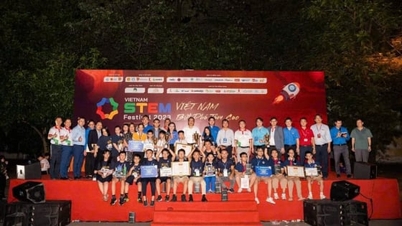

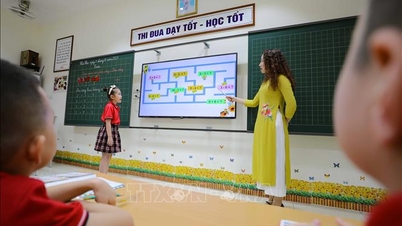



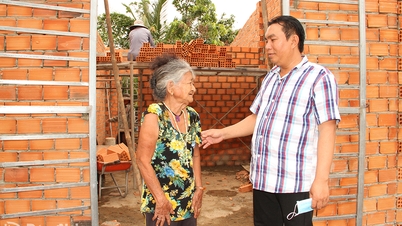

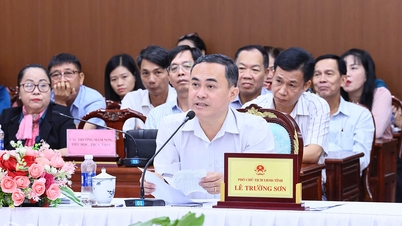
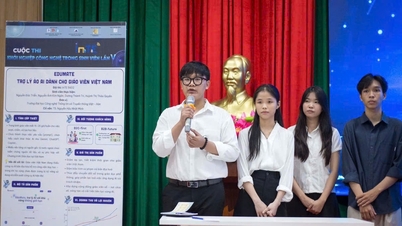

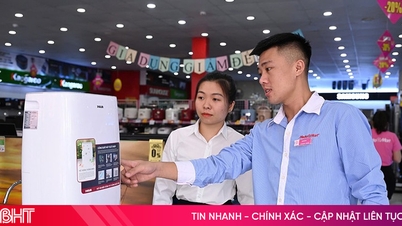




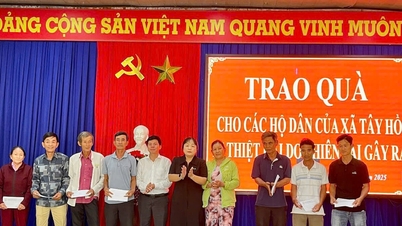









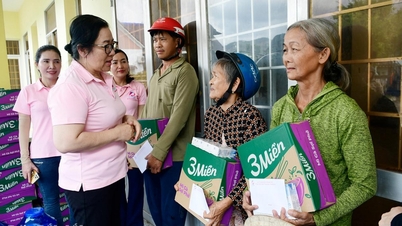





































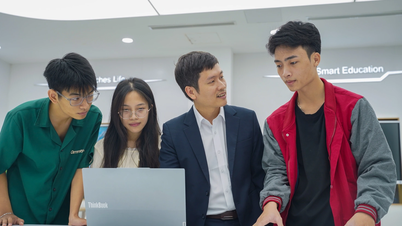




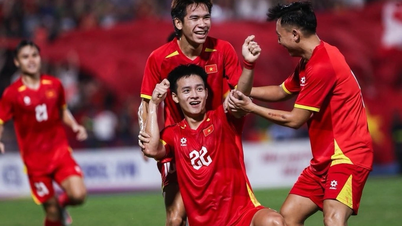




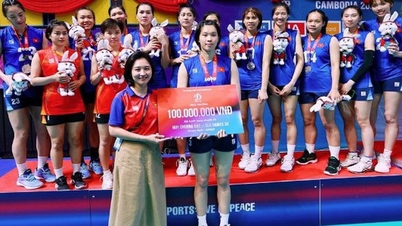
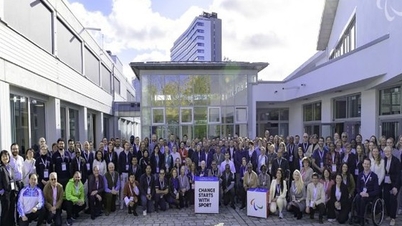
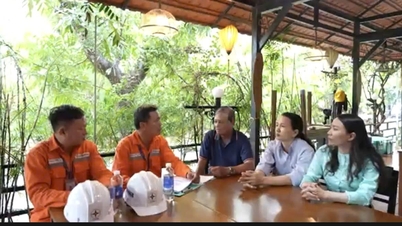

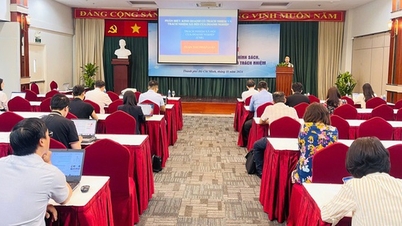



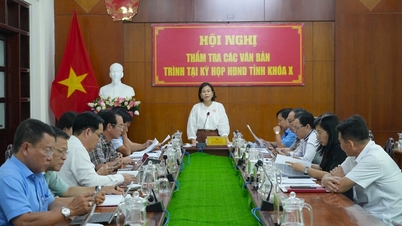
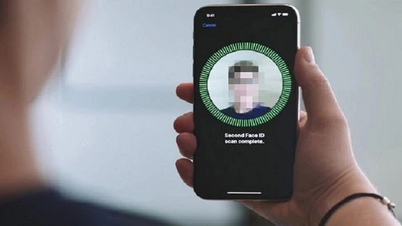


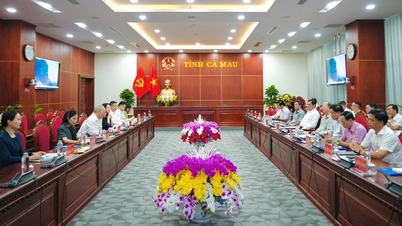
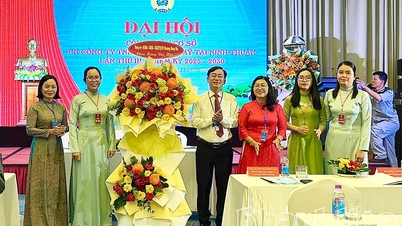
![Dong Nai OCOP transition: [Article 3] Linking tourism with OCOP product consumption](https://vphoto.vietnam.vn/thumb/402x226/vietnam/resource/IMAGE/2025/11/10/1762739199309_1324-2740-7_n-162543_981.jpeg)









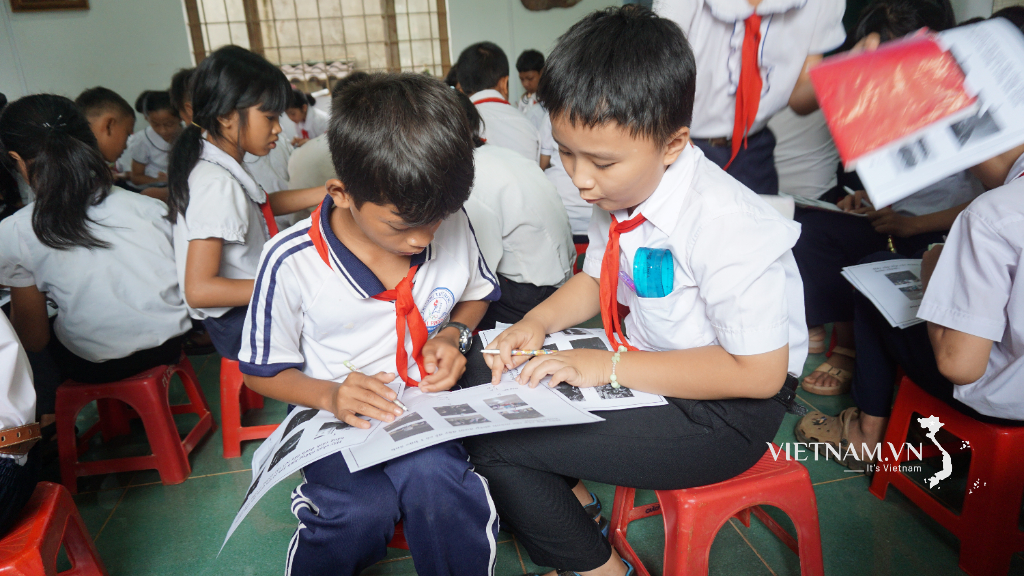



Comment (0)